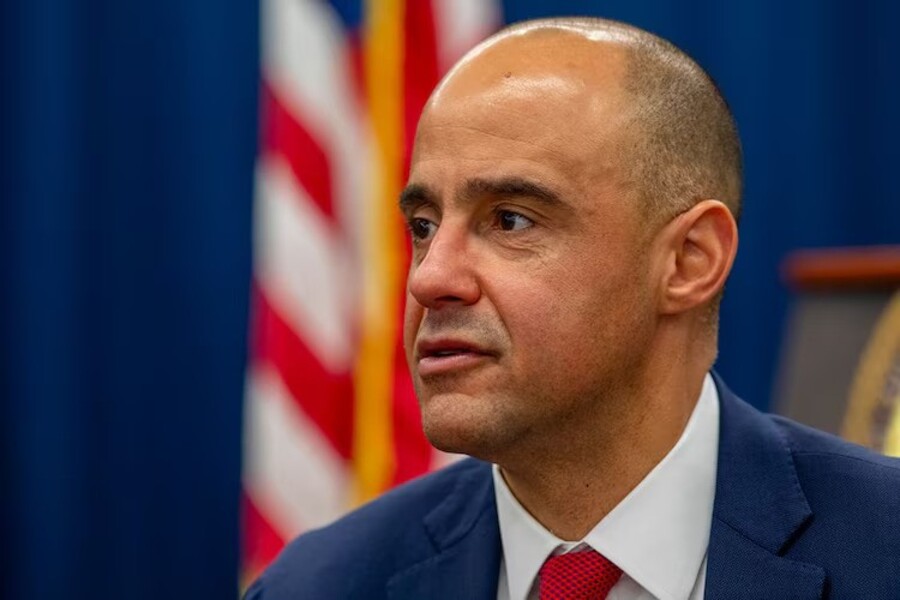U.S. Attorney for the District of Columbia, Matthew Graves, has announced his resignation, effective January 16, just days before the inauguration of President-elect Donald Trump. Graves, who was appointed by President Joe Biden, has served for over three years during a tumultuous period in Washington, D.C., where crime became a central political issue.
The announcement of Graves’ departure comes against a backdrop of significant achievement: the District of Columbia is on track to close 2024 with its lowest violent crime rate in over five decades. This remarkable turnaround stands in stark contrast to the intense scrutiny and criticism Graves faced throughout his tenure as the city grappled with a pandemic-induced surge in crime.
During his tenure, Graves spearheaded innovative approaches to combatting violent crime. His office conducted a comprehensive data-driven review targeting the city’s most dangerous offenders, focusing on gun violence, drug-related offenses, and repeat criminal activity. This strategy not only restored a sense of safety but also contributed to a stunning 35% year-over-year decline in violent crime in 2024.
However, the road to this achievement was not without significant hurdles. When Graves assumed office, he inherited a daunting backlog of more than a thousand felony cases—a direct consequence of pandemic-related delays in the judicial system. Compounding this challenge was the fallout from the D.C. forensic lab losing its accreditation and an unprecedented volume of motions from inmates seeking early release. By 2023, Graves’ office had cleared this backlog, signaling a return to efficiency in prosecutorial operations.
Despite his accomplishments, Graves faced bipartisan criticism amid high-profile crimes that fueled perceptions of rising danger in the nation’s capital. Incidents such as a congressman being carjacked and a congresswoman being assaulted in her apartment building amplified calls for stronger action against crime. Yet, city leaders have credited Graves with addressing the root causes of violence, emphasizing that a small cohort of individuals was responsible for much of the criminal activity.
Graves’ tenure also included overseeing the largest investigation in the history of the Department of Justice: the prosecution of individuals involved in the January 6, 2021, Capitol attack. Under his leadership, over 1,600 individuals were charged, and nearly 1,100 were sentenced, reflecting the gravity and scope of the case.
As Graves prepares to leave his post, his legacy is one of resilience, strategic focus, and a commitment to justice that transformed D.C.’s fight against crime. His departure marks the end of an era characterized by significant challenges but underscored by transformative progress. With Washington, D.C., entering a new chapter under a changing administration, Graves leaves behind a city poised to continue its trajectory toward safety and stability.
The resignation of Matthew Graves serves as a reminder of the complex interplay between leadership, justice, and public safety, as well as the enduring impact of dedicated public service in shaping a community’s future.
